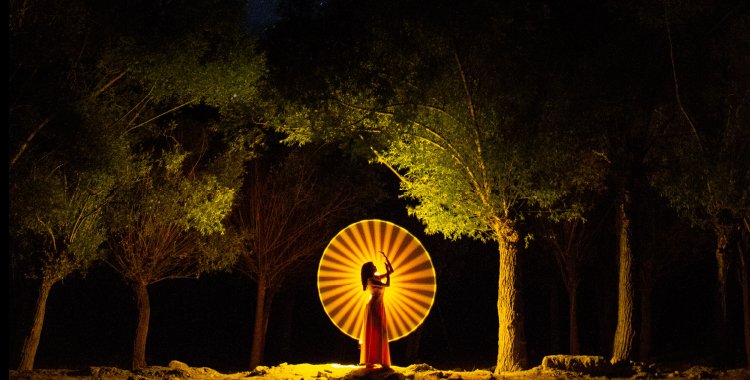31 Dec 1986
Dear diary,
Delhi
Violated:
Today is the night,
My name is on the schedule,
Duty summons,
Guards on,
Today is the night,
Of an ordeal I signed for eternity,
When the street is dark,
Lights are fluttering,
Pindrop Silence,
Children in slumbers,
Saansu on herbs,
Tonight is the night,
Of self-control,
Of patience,
Of the test of marriage,
Of crying, without a sound,
Of bearing with,
Tonight is the night,
He would return drained,
To seek satisfaction,
With huge expectation,
Tonight is the night,
Of Indifference,
Of deafness to denial or protest,
Tonight is the night,
I am finishing the day shift, in preparation for the night,
Bedding made, rose misted,
Bolsters positioned to clasp in pain,
Because,
Tonight is the night,
The man would be eager to slip it in,
The thought reminds me of that night,
It makes me quiver,
But this time I am ready,
To hold it tight,
To allow it in,
A few minutes, that is all!
Tonight is the night,
Cleansed myself with Lavender,
Lathered in coconut oil,
Clad in Silk,
Lighted the perfumed candle,
Re-collected the youthful vigour,
Tried everything,
To make it last shorter,
This time will certainly be better,
Tonight is the night,
Yet not everything is right,
He would order me,
To swear,
To tempt,
To please,
Tonight is the night,
Of higher hopes,
But my training is
in food,
in chores,
in tending children,
So,
Tonight is the night,
I would,
Lie,
Pretend,
Keep the pain aside,
Be another person,
Stay the course,
Act for the part,
Anything to make it last shorter,
Tonight is the night,
Of violation,
Of endurance,
Of holding the violent thrusts,
Of being the ideal wife,
Today is the night,
My name is on the schedule,
Duty summons,
Guards on,
With devotion,
Sukshma
***
About the Sukshma Series:
The Sukshma Series is a first-hand account of an educated woman of post-colonial India reflecting on how the social and political set-up of the country defined the status of an Indian woman.
The title of the poems is “Sukshma”, the title is very deliberate because Sukshma essentially means dormant energy and in the context of the central character’s feelings, it is quite pertinent. Sukshma is an educated middle-class house-wife in the 1980s in India. Sukshma maintains a personal diary in which she scribbles about her emotions, fears and anxieties in her life and expresses them only through the medium of poems. Evidently, her writing is mature and literary, but she is torn between the responsibilities of the household, family, children and the rigid social structures of the society that prohibit her aesthetic ability to write, so she keeps them private and writes very irregularly. Sukshma keeps her writing energy dormant and concealed from the rest of the society because she fears the aftermath of being deviant. Through her writing, she speaks volumes about her predicament as an Indian woman and reflects on the violence and horrors of her critical situation.
Previous poems in the series: Unturned, Kitchenette, Silk Veil, It is a good day, Ma, Witch of the night, Bangles
***





